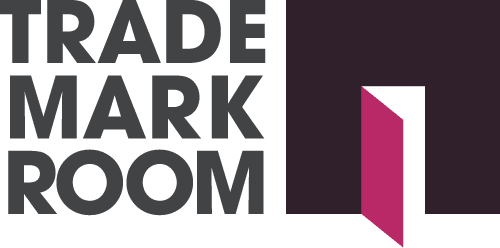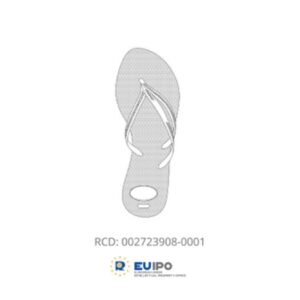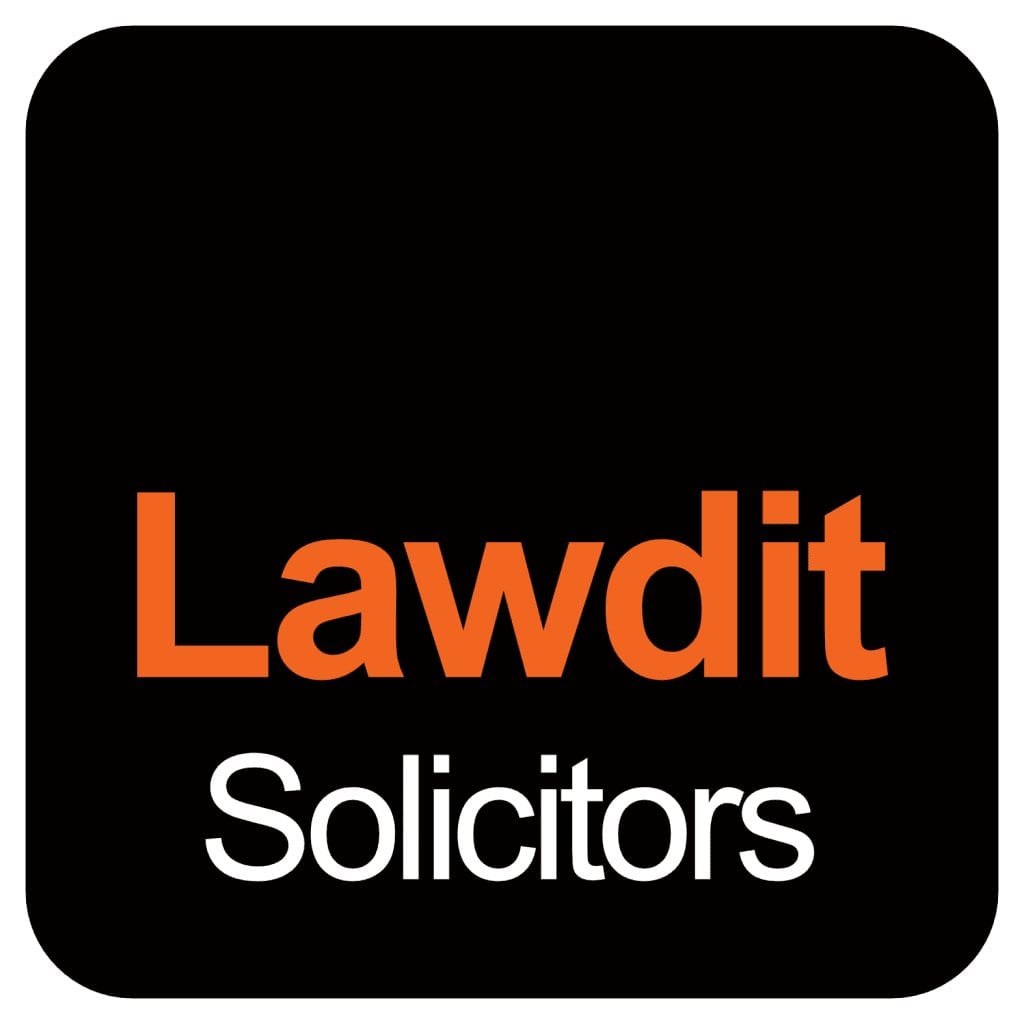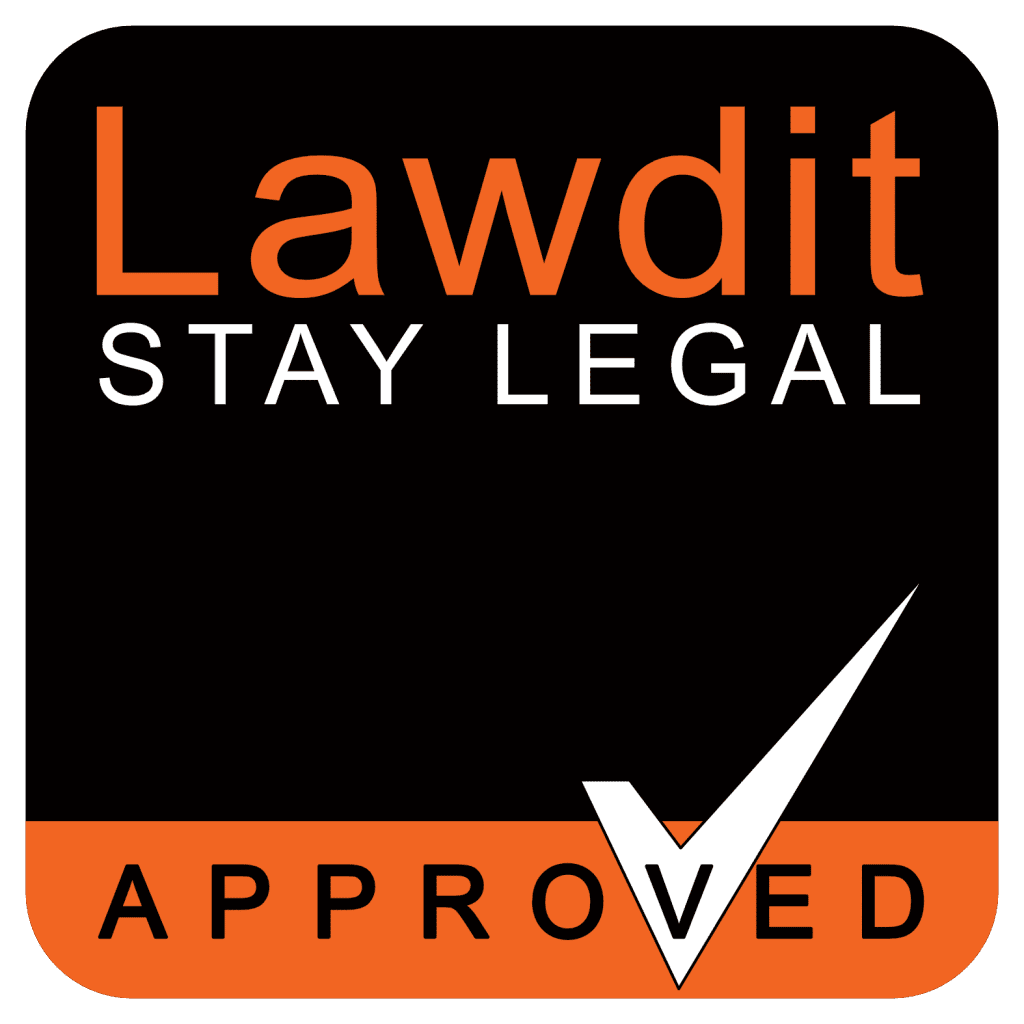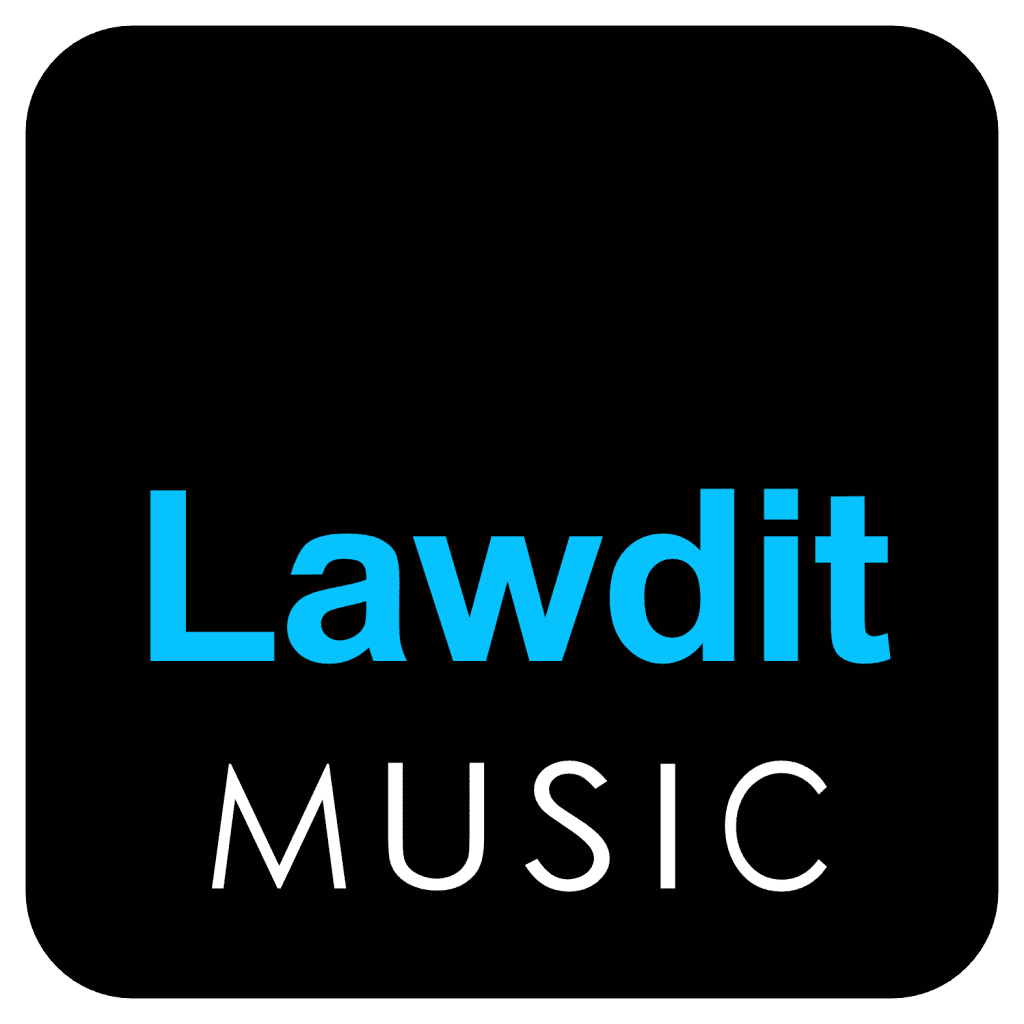As the COVID-19 pandemic has changed so many aspects of everyday life that many of us could never have imagined a year ago, some individuals and brands are seeking to cash in on the crisis by means of the most popular fashion accessory of 2020: the face mask.
Since the lockdown restrictions began easing in July of this year, face masks have become mandatory in the UK in many indoor public spaces and on public transport. Initially intended solely as a preventative measure in attempt to reduce viral transmission, they have become a profitable accessory.
Earlier on in the year, Boohoo were among the first fashion brands to release fashion face masks and faced backlash and damage to their reputation as they sought to make money from a medical crisis. However, now many individuals and brands have begun to follow suit and consumers are now able to buy masks sporting trademarked logos such as Liverpool FC. Some travel companies, including United Airlines and Royal Caribbean Cruises, have also filed applications to trade mark self-branded merchandise for use of their employees as uniform.
Notably though, popular celebrities including the likes of Ariana Grande are utilising the profits made from their masks to make charitable contributions, perhaps in an attempt to reduce media backlash and defend their reputation.
This rise of production of face masks for general consumers, beyond their original intended market of a small genre of healthcare workers, has raised concerns that many of the new and more ‘fashionable’ masks lack the crucial, functional feature of being medically-protective, unknowingly to many customers. Earlier on in the year, the United States Patent and Trademark Office (USPTO) refined their classification system regarding face masks, removing the term ‘protection masks’ and replacing it with ‘protective industrial face masks’ under Class 9. Furthermore, Etsy, an online marketplace that has seen a surge in sales of handmade masks, have published guidance for sellers advising against medical claims.
US-based company 3M, specializing in medical supplies and trade mark owners of the ‘N95’ medical-grade face covering, have filed trade mark infringement and unfair competition proceedings following sales of up to $350,000 of counterfeit ‘N95’ masks by third-party sellers on Amazon.
Counterfeiters have not only falsely advertised and sold medical imitation masks, but have also utilised social media, using ‘influencers’ to advertise imitation fashion designer masks, decorated with designs trade marked by companies such as Gucci and Chanel. It is yet to be seen whether these companies will pursue any claims against these sellers, as mask sales are not likely to reduce or cease until government guidelines declare them non-mandatory.
By Ellie King, student from Southampton Solent University
